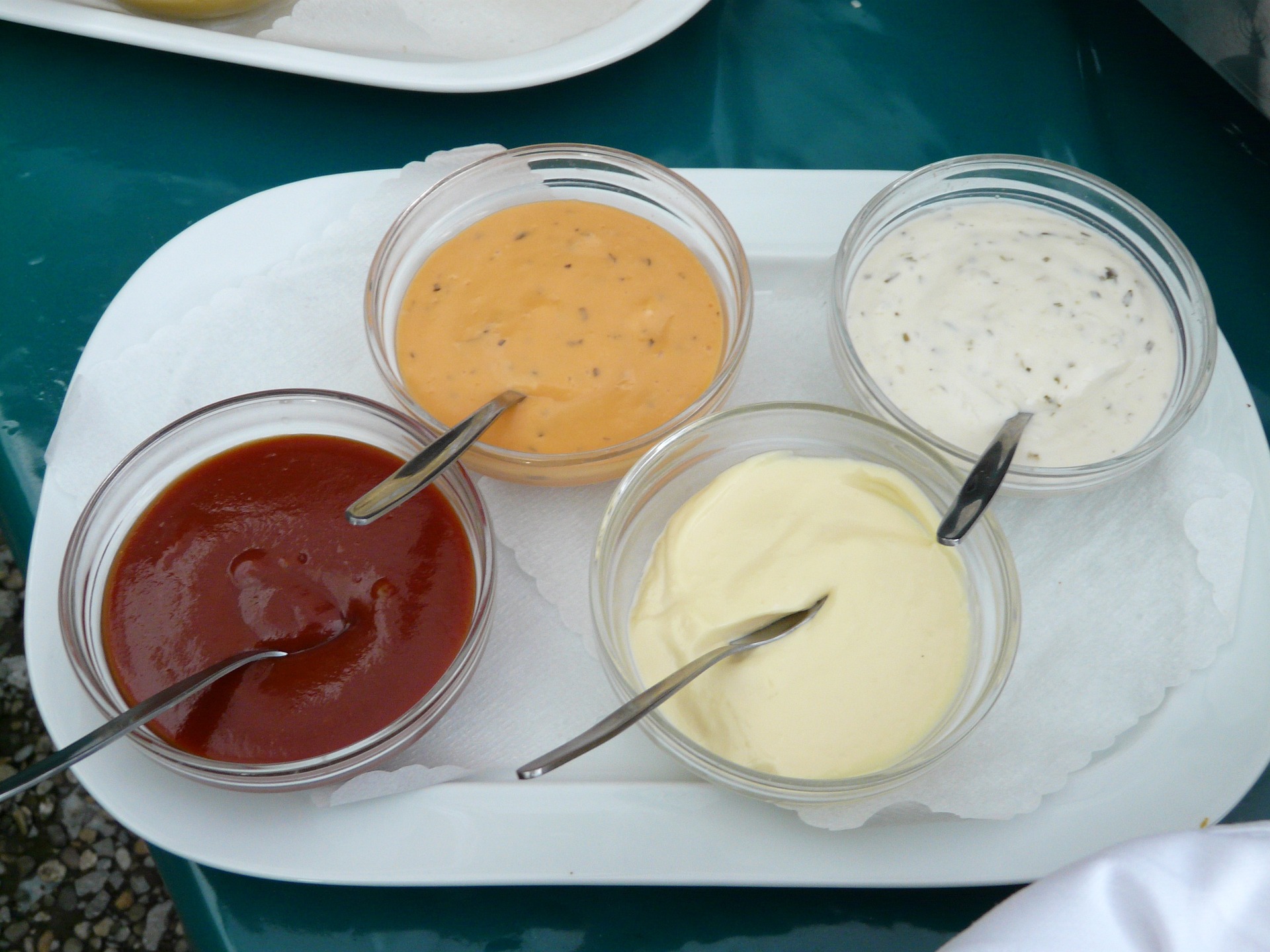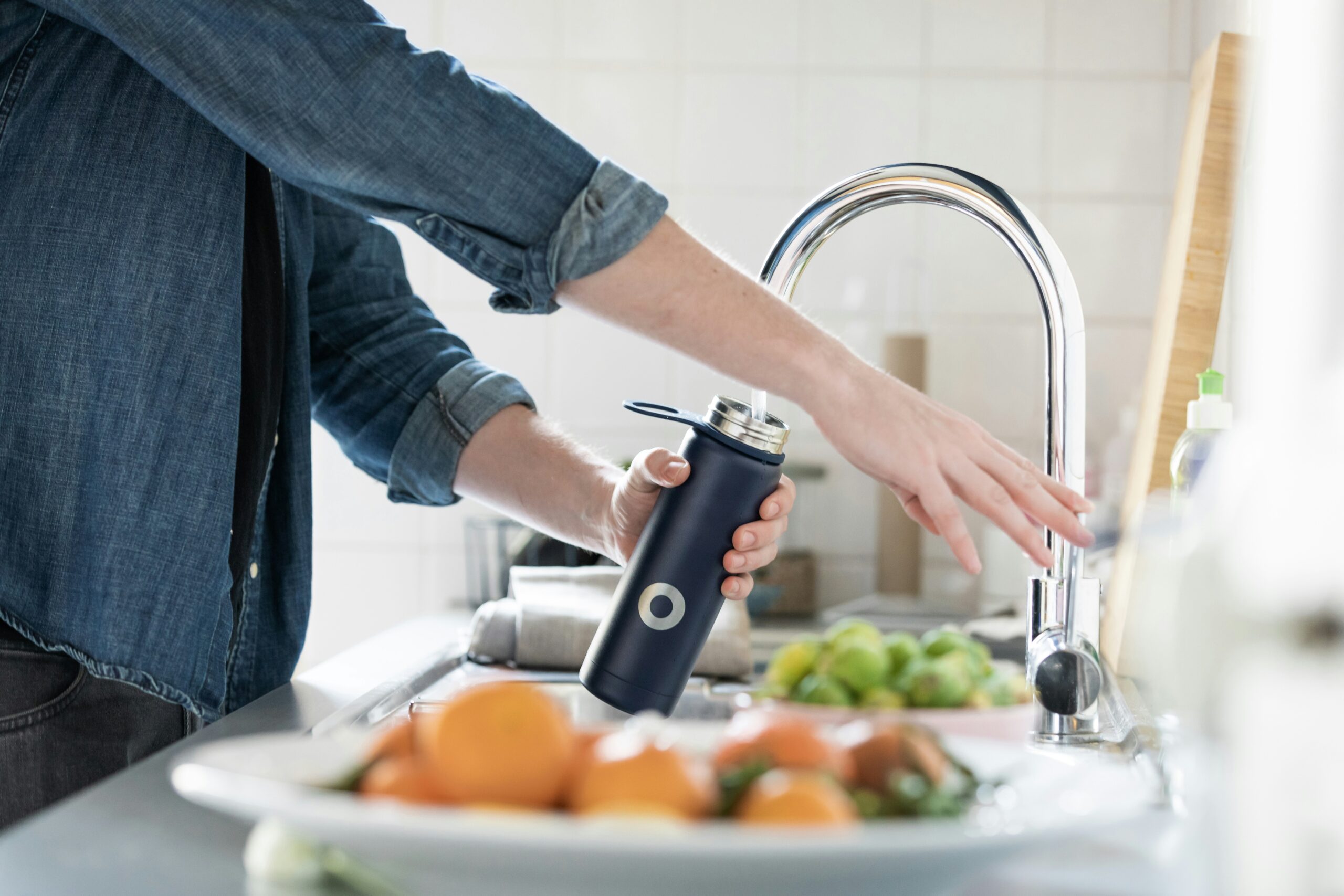Food poisoning is a common, often distressing, and sometimes life-threatening problem for millions of people worldwide. The condition results from consuming contaminated food or beverages and can be caused by a variety of pathogens, including bacteria, viruses, and parasites, or by harmful chemicals and toxins. This comprehensive guide explores how to avoid food poisoning by understanding its causes, symptoms, prevention strategies, and proper food handling techniques.
Understanding Food Poisoning
What is Food Poisoning?
Food poisoning, also known as foodborne illness, occurs when harmful bacteria, viruses, parasites, or toxins contaminate food or beverages. Symptoms can range from mild gastrointestinal discomfort to severe dehydration, organ failure, and even death in extreme cases.
Common Causes of Food Poisoning
- Bacteria: Pathogens like Salmonella, Escherichia coli (E. coli), Listeria, and Campylobacter are common bacterial causes of food poisoning.
- Viruses: Norovirus and Hepatitis A are significant viral contributors to foodborne illnesses.
- Parasites: Parasites such as Giardia, Cryptosporidium, and Trichinella can contaminate food and cause illness.
- Toxins: Toxins from bacteria (like Staphylococcus aureus and Clostridium botulinum), marine biotoxins, and chemicals (like pesticides) can cause food poisoning.
Symptoms of Food Poisoning
Common Symptoms
- Nausea: A feeling of sickness with an inclination to vomit.
- Vomiting: The forcible expulsion of stomach contents through the mouth.
- Diarrhea: Frequent, loose, or watery bowel movements.
- Abdominal Pain: Cramps and discomfort in the stomach area.
- Fever: Elevated body temperature indicating an immune response.
Severe Symptoms
- Dehydration: Severe loss of fluids leading to weakness, decreased urine output, and dry mouth.
- Bloody Stools: Indicating severe infection or damage to the intestines.
- Neurological Symptoms: Such as blurred vision, muscle weakness, or tingling, often associated with specific toxins.
Prevention of Food Poisoning
General Guidelines
- Personal Hygiene: Wash hands thoroughly with soap and water before handling food, after using the restroom, and after touching raw meat, poultry, or seafood.
- Clean Surfaces: Regularly clean and disinfect kitchen surfaces, utensils, and cutting boards.
- Safe Food Storage: Store food at appropriate temperatures to prevent bacterial growth. Refrigerate perishables promptly and keep the refrigerator at or below 40°F (4°C).
- Proper Cooking: Cook food to safe internal temperatures to kill harmful pathogens. Use a food thermometer to ensure accuracy.
- Avoid Cross-Contamination: Use separate cutting boards and utensils for raw meat and other foods. Store raw meat away from ready-to-eat foods.
Safe Food Handling Techniques
Purchasing Food
- Check Expiration Dates: Avoid buying expired or near-expiry products.
- Inspect Packaging: Ensure packaging is intact and not damaged.
- Buy Cold Food Last: When shopping, pick up refrigerated and frozen items last to keep them cold for as long as possible.
Storing Food
- Refrigeration: Store perishable foods in the refrigerator and ensure it’s set at the correct temperature.
- Freezing: Freeze meat, poultry, and seafood if not used within a few days.
- Organize Your Fridge: Keep raw meat on the bottom shelf to prevent juices from dripping onto other foods.
Preparing Food
- Thawing: Thaw frozen foods in the refrigerator, cold water, or microwave, not on the countertop.
- Marinating: Marinate foods in the refrigerator, not at room temperature.
- Washing: Rinse fruits and vegetables under running water before consumption.
Cooking Food Safely
Cooking Temperatures
- Beef, Pork, Lamb: Cook to an internal temperature of 145°F (63°C) and allow to rest for at least three minutes.
- Ground Meats: Cook to an internal temperature of 160°F (71°C).
- Poultry: Cook to an internal temperature of 165°F (74°C).
- Fish and Shellfish: Cook to an internal temperature of 145°F (63°C).
Using Food Thermometers
- Calibrate Regularly: Ensure your food thermometer is accurate.
- Proper Placement: Insert the thermometer into the thickest part of the meat, avoiding bone, fat, or gristle.
- Multiple Checks: Check the temperature in several spots to ensure even cooking.
Avoiding Cross-Contamination
Kitchen Practices
- Separate Raw and Cooked Foods: Keep raw meat, poultry, and seafood separate from other foods.
- Use Separate Cutting Boards: Designate specific cutting boards for raw meat and other foods.
- Clean Utensils: Wash knives, cutting boards, and countertops with hot, soapy water after preparing each food item.
Special Considerations
Vulnerable Populations
- Pregnant Women: Avoid foods like raw or undercooked seafood, deli meats, and unpasteurized dairy products.
- Young Children: Ensure food is thoroughly cooked and avoid raw or partially cooked eggs and seafood.
- Elderly: Pay special attention to food handling and storage to prevent infection.
- Immunocompromised Individuals: Avoid high-risk foods and ensure all food is cooked to safe temperatures.
Eating Out
- Choose Reputable Establishments: Eat at restaurants known for their hygiene and food safety standards.
- Inspect Food: Check that food is cooked properly and served hot.
- Report Illness: If you suspect food poisoning from a restaurant, report it to local health authorities.
Safe Food Practices for Special Occasions
Barbecues and Picnics
- Keep Cold Foods Cold: Use coolers with ice packs to keep perishable foods cold.
- Use Separate Plates: Don’t reuse plates that have held raw meat for cooked food.
- Proper Grilling: Ensure meats are cooked to the appropriate internal temperature.
Holiday Meals
- Plan Ahead: Thaw large items like turkeys in the refrigerator.
- Timing: Ensure all foods are cooked and served promptly.
- Leftover Management: Store leftovers within two hours and reheat to 165°F (74°C).
Recognizing and Responding to Food Poisoning
Identifying Symptoms
- Onset of Symptoms: Symptoms can appear within hours to several days after consuming contaminated food.
- Common Symptoms: Nausea, vomiting, diarrhea, abdominal pain, fever.
Seeking Medical Attention
- When to See a Doctor: Seek medical attention if symptoms are severe, persistent, or if you are in a vulnerable population.
- Dehydration Signs: Look out for signs of dehydration such as dry mouth, decreased urine output, and dizziness.
Educating Others on Food Safety
At Home
- Family Members: Teach family members proper food handling, cooking, and storage practices.
- Children: Involve children in safe food practices from a young age.
In the Community
- Workshops and Classes: Participate in or organize food safety workshops.
- Online Resources: Share credible food safety information through social media and other platforms.
Conclusion
Food poisoning is a preventable illness that can be avoided by practicing safe food handling, proper cooking, and adequate storage. By understanding the causes and symptoms of food poisoning, implementing effective prevention strategies, and educating others, you can significantly reduce the risk of foodborne illnesses and ensure a safer, healthier eating environment for yourself and those around you.
Extended FAQ Section
What is the most common cause of food poisoning?
The most common cause of food poisoning is bacterial contamination, with pathogens like Salmonella, E. coli, and Campylobacter being frequent culprits.
How long does it take for food poisoning symptoms to appear?
Symptoms of food poisoning can appear anywhere from a few hours to several days after consuming contaminated food, depending on the pathogen involved.
Can you get food poisoning from leftovers?
Yes, improperly stored or reheated leftovers can harbor harmful bacteria that cause food poisoning. Store leftovers in airtight containers in the refrigerator and reheat to 165°F (74°C).
What foods are most likely to cause food poisoning?
Foods most likely to cause food poisoning include raw or undercooked meat, poultry, seafood, eggs, unpasteurized dairy products, and raw fruits and vegetables.
How can I tell if food is contaminated?
It can be challenging to tell if food is contaminated as harmful pathogens do not always affect the appearance, smell, or taste of food. Always practice safe food handling and cooking techniques.
What should I do if I suspect food poisoning?
If you suspect food poisoning, stay hydrated, rest, and seek medical attention if symptoms are severe or persistent. Report suspected foodborne illnesses to local health authorities.
Is food poisoning contagious?
Some forms of food poisoning, particularly those caused by viruses like Norovirus, can be contagious and spread from person to person.
How can I prevent food poisoning when traveling?
When traveling, drink bottled or purified water, avoid raw or undercooked foods, and eat at reputable establishments. Be cautious with street food and local specialties that may not meet your usual hygiene standards.
Can food poisoning cause long-term health problems?
In some cases, food poisoning can cause long-term health problems, such as kidney failure, chronic arthritis, and nerve damage. Severe infections with certain pathogens, like E. coli O157
, are more likely to result in long-term complications.
How do I safely thaw frozen food?
Safely thaw frozen food by placing it in the refrigerator, using cold water, or microwaving it. Avoid thawing food at room temperature to prevent bacterial growth.
What is the best way to store fresh produce?
Store fresh produce in the refrigerator at the appropriate temperature. Keep fruits and vegetables separate from raw meat, poultry, and seafood to prevent cross-contamination.
How can I ensure my refrigerator is at the correct temperature?
Use a refrigerator thermometer to ensure your refrigerator is set at or below 40°F (4°C). Check the temperature regularly and adjust settings as needed.
What are the signs of dehydration from food poisoning?
Signs of dehydration from food poisoning include dry mouth, decreased urine output, dark-colored urine, dizziness, and lightheadedness. Severe dehydration requires medical attention.
Can reheating food kill bacteria?
Reheating food to 165°F (74°C) can kill most bacteria. However, some toxins produced by bacteria, such as those from Staphylococcus aureus, are heat-resistant and may not be destroyed by reheating.
How can I prevent cross-contamination in the kitchen?
Prevent cross-contamination by using separate cutting boards and utensils for raw meat and other foods, washing hands and surfaces thoroughly, and storing raw meat away from ready-to-eat foods.
Are there any natural ways to prevent food poisoning?
Natural ways to prevent food poisoning include washing fruits and vegetables thoroughly, using vinegar or lemon juice as a natural disinfectant, and incorporating antimicrobial spices like garlic and ginger into your cooking.
How can I safely pack a lunch for work or school?
Safely pack a lunch by using insulated lunch bags with ice packs to keep perishable foods cold. Avoid packing foods that can spoil quickly if not kept at the right temperature.
What is the shelf life of canned goods?
Canned goods generally have a long shelf life, typically 1 to 5 years, depending on the product. Check expiration dates and store cans in a cool, dry place.
Can you get food poisoning from fruits and vegetables?
Yes, fruits and vegetables can be contaminated with harmful bacteria, viruses, or parasites. Wash produce thoroughly before eating, and be cautious with pre-cut or pre-washed items.
How can I avoid food poisoning at a buffet?
Avoid food poisoning at a buffet by choosing foods that are kept at the correct temperatures, avoiding items that have been sitting out for long periods, and using clean utensils.
How should I clean kitchen sponges and dishcloths?
Clean kitchen sponges and dishcloths regularly by microwaving damp sponges for 1-2 minutes, washing them in the dishwasher, or soaking them in a bleach solution. Replace sponges and cloths frequently.
What are some common foodborne illnesses and their symptoms?
Common foodborne illnesses include Salmonella (diarrhea, fever, abdominal cramps), E. coli (severe diarrhea, abdominal pain, vomiting), and Norovirus (vomiting, diarrhea, nausea). Symptoms vary by pathogen.
Can pets contribute to food poisoning?
Pets can contribute to food poisoning by spreading bacteria like Salmonella. Practice good hygiene by washing hands after handling pets and keeping pet food separate from human food.
How can I prevent food poisoning during pregnancy?
Prevent food poisoning during pregnancy by avoiding high-risk foods like raw or undercooked seafood, deli meats, unpasteurized dairy products, and raw sprouts. Practice good hygiene and safe food handling.
Can I get food poisoning from drinking water?
Yes, drinking contaminated water can cause food poisoning. Use safe water sources, and when in doubt, boil or purify water before drinking.
How do I clean fruits and vegetables to prevent food poisoning?
Clean fruits and vegetables by rinsing them under running water. Use a brush for produce with tough skins. Avoid using soap or detergents. For leafy greens, remove outer leaves and rinse thoroughly.
What are some high-risk foods for food poisoning?
High-risk foods for food poisoning include raw or undercooked meat and poultry, seafood, eggs, unpasteurized dairy products, and raw fruits and vegetables.
How can I prevent food poisoning when eating out?
Prevent food poisoning when eating out by choosing reputable restaurants, ensuring food is cooked properly, avoiding high-risk foods, and reporting any suspected foodborne illness to local health authorities.
How do I safely handle and cook poultry?
Safely handle and cook poultry by keeping it separate from other foods, washing hands and surfaces thoroughly after handling, and cooking to an internal temperature of 165°F (74°C).
What should I do if I have a food recall?
If you have a food recall, do not consume the affected product. Follow the recall instructions, which may include returning the product to the store or disposing of it. Stay informed about recalls through government websites and news sources.
What are the best practices for storing leftovers?
Store leftovers in airtight containers and refrigerate within two hours of cooking. Ensure your refrigerator is set at or below 40°F (4°C) to prevent bacterial growth. Consume leftovers within 3-4 days, and reheat to 165°F (74°C) before eating.
Can you get food poisoning from frozen foods?
While freezing can kill some bacteria, it does not eliminate all pathogens. Food can become contaminated during handling or after thawing. Always follow safe thawing, cooking, and storage practices for frozen foods.
How does improper handwashing contribute to food poisoning?
Improper handwashing can transfer harmful bacteria, viruses, and other pathogens from hands to food, surfaces, and utensils. Always wash hands thoroughly with soap and water for at least 20 seconds before handling food.
Are there specific foods that pregnant women should avoid to prevent food poisoning?
Yes, pregnant women should avoid raw or undercooked seafood, deli meats, unpasteurized dairy products, raw sprouts, and any foods that may contain harmful bacteria like Listeria, which can cause severe complications during pregnancy.
How can I ensure my dishwasher is effectively sanitizing dishes?
Ensure your dishwasher is set to the correct temperature (at least 140°F or 60°C) for effective sanitization. Use a high-quality detergent and regularly clean your dishwasher to maintain its efficiency.
Can food poisoning be caused by toxins even after cooking?
Yes, certain bacteria like Staphylococcus aureus and Clostridium botulinum produce toxins that are heat-resistant and can cause food poisoning even after cooking. Proper food handling and storage are crucial to prevent toxin production.
How do I avoid food poisoning when traveling abroad?
Avoid food poisoning when traveling abroad by drinking bottled or purified water, eating at reputable restaurants, avoiding raw or undercooked foods, and being cautious with street food and local specialties.
What should I do if my child shows symptoms of food poisoning?
If your child shows symptoms of food poisoning, ensure they stay hydrated and rest. Seek medical attention if symptoms are severe, persistent, or if the child is very young or has underlying health conditions.
Can food poisoning affect people differently?
Yes, food poisoning can affect people differently based on age, health status, and immune system strength. Vulnerable populations, such as young children, elderly individuals, pregnant women, and immunocompromised individuals, are at higher risk of severe illness.
How can I prevent food poisoning at a potluck or picnic?
Prevent food poisoning at potlucks or picnics by keeping hot foods hot and cold foods cold. Use insulated containers, ice packs, and thermoses to maintain safe temperatures. Encourage good hygiene practices among participants.
Are there any foods that should not be reheated?
Certain foods, like rice, potatoes, and mushrooms, can develop harmful bacteria or toxins if not stored and reheated properly. Ensure these foods are cooled quickly, stored correctly, and reheated thoroughly to avoid food poisoning.
How can I tell if my food is contaminated with bacteria or toxins?
It can be difficult to tell if food is contaminated as harmful pathogens often do not change the appearance, smell, or taste of food. Always practice safe food handling and cooking techniques to minimize the risk of contamination.
What is the safest way to handle raw eggs?
Handle raw eggs by keeping them refrigerated, avoiding cross-contamination with other foods, and cooking eggs thoroughly. Avoid consuming raw or undercooked eggs, especially for vulnerable populations.
How can I ensure my salad greens are safe to eat?
Ensure salad greens are safe to eat by washing them thoroughly under running water. Avoid pre-packaged salads that are near or past their expiration date, and store greens in the refrigerator.
How can I safely prepare and cook seafood?
Safely prepare and cook seafood by keeping it refrigerated or frozen until ready to use, thawing it properly, and cooking to an internal temperature of 145°F (63°C). Avoid cross-contamination with other foods.
Can food poisoning be prevented by using organic foods?
While organic foods can reduce exposure to pesticides, they are not immune to contamination by harmful pathogens. Safe food handling, cooking, and storage practices are essential for preventing food poisoning with any type of food.
How can I avoid food poisoning from deli meats?
Avoid food poisoning from deli meats by storing them in the refrigerator, consuming them before their expiration date, and heating them to 165°F (74°C) before eating if you are in a vulnerable population.
What role do kitchen appliances play in food safety?
Kitchen appliances like refrigerators, freezers, dishwashers, and ovens play a crucial role in food safety by maintaining proper temperatures, sanitizing dishes, and cooking food thoroughly. Regular maintenance and cleaning of these appliances are essential.
Can food poisoning be contracted from spices and herbs?
Yes, spices and herbs can be contaminated with harmful pathogens during processing or handling. Store them in a cool, dry place, and consider using heat-treated or irradiated spices to reduce the risk of contamination.
How can I prevent food poisoning from home-canned foods?
Prevent food poisoning from home-canned foods by following proper canning techniques, using pressure canners for low-acid foods, and ensuring jars are sealed correctly. Discard any cans that show signs of spoilage.
How can I safely handle and cook ground meat?
Safely handle and cook ground meat by keeping it refrigerated or frozen, avoiding cross-contamination, and cooking to an internal temperature of 160°F (71°C). Use a food thermometer to ensure accuracy.
What should I do if I have a compromised immune system?
If you have a compromised immune system, take extra precautions with food safety, such as avoiding high-risk foods, ensuring all food is cooked to safe temperatures, and practicing strict hygiene and food handling practices.
How can I prevent food poisoning from fermented foods?
Prevent food poisoning from fermented foods by using clean equipment, following proper fermentation techniques, and storing fermented foods at appropriate temperatures. Discard any fermented foods that show signs of spoilage.
Can food poisoning be caused by drinking unpasteurized milk?
Yes, unpasteurized milk can harbor harmful bacteria like Salmonella, E. coli, and Listeria, which can cause food poisoning. Always choose pasteurized milk and dairy products to reduce the risk of illness.
How can I avoid food poisoning from sprouts?
Avoid food poisoning from sprouts by consuming them cooked rather than raw, and by buying from reputable sources that follow safe sprouting practices. Pregnant women, young children, elderly, and immunocompromised individuals should avoid raw sprouts.
What is the safest way to store and reheat rice?
Store rice in the refrigerator within two hours of cooking and reheat it to 165°F (74°C) before consuming. Avoid leaving cooked rice at room temperature for extended periods, as it can harbor bacteria like Bacillus cereus.
How can I ensure my slow cooker meals are safe?
Ensure slow cooker meals are safe by thawing ingredients before cooking, avoiding overfilling the cooker, cooking at the correct temperature, and verifying the internal temperature of the food reaches a safe level.
Can food poisoning occur from drinking water?
Yes, food poisoning can occur from drinking contaminated water. Use safe water sources, and when in doubt, boil or purify water before drinking, especially when traveling or in areas with questionable water quality.
How can I avoid food poisoning from packed lunches?
Avoid food poisoning from packed lunches by using insulated lunch bags with ice packs to keep perishable foods cold. Avoid packing foods that can spoil quickly if not kept at the right temperature.
What are the symptoms of food poisoning from different pathogens?
Symptoms of food poisoning vary by pathogen but generally include nausea, vomiting, diarrhea, abdominal pain, and fever. Specific pathogens like Salmonella, E. coli, and Norovirus can cause more severe symptoms and complications.
How can I ensure the safety of foods during power outages?
Ensure the safety of foods during power outages by keeping refrigerator and freezer doors closed to maintain temperatures. Use coolers with ice for perishable foods if the outage is prolonged, and discard any food that has been at an unsafe temperature for over four hours.
Conclusion
Food poisoning is a serious but preventable condition. By understanding its causes, symptoms, and prevention strategies, you can significantly reduce the risk of foodborne illness.
Practice safe food handling, proper cooking, and adequate storage to ensure a healthier eating environment for yourself and those around you. Stay informed, educate others, and always prioritize food safety in your daily life.



